Do Dog Teeth Grow Back? Read The Facts Here!
If your doggo recently lost a tooth or two, you’re probably wondering, do dog teeth grow back? Overall, the answer here is both yes and no, depending on the life stage of your pet.
In general, proper dental care is necessary to ensure that your pet’s teeth will last long. While it’s normal for a dog to lose its teeth over time, it can be slowed down.
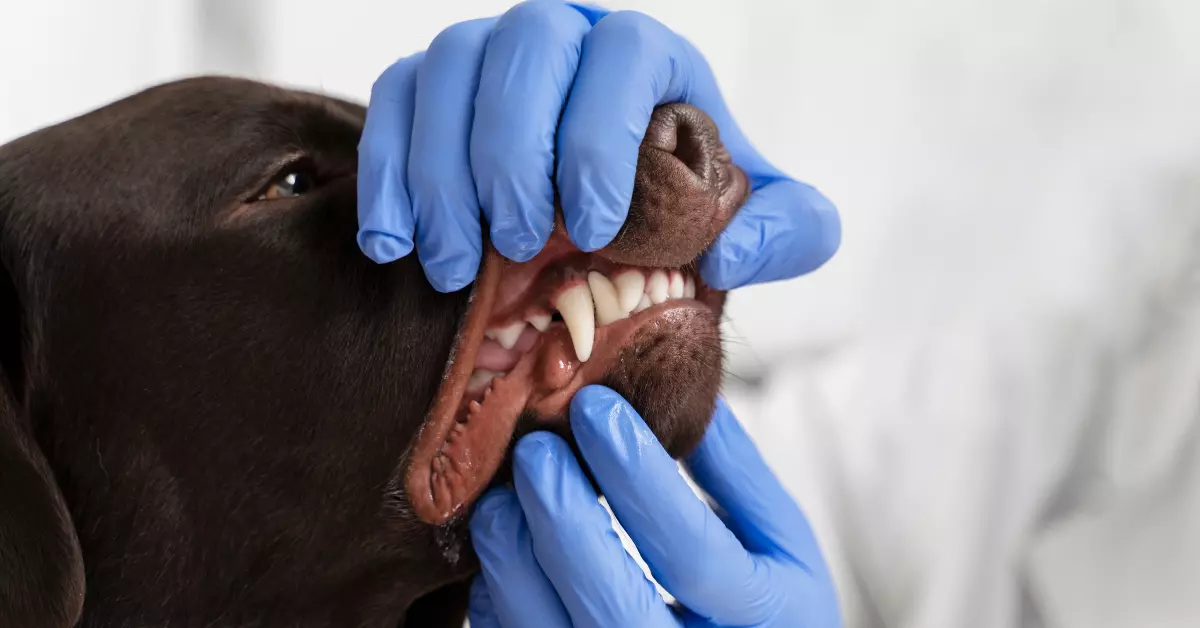
As for the question above, I discussed here a short explanation about whether a dog’s lost tooth will grow back or not. Read on to know what’s in store for your canine’s tooth gap.
Do dog teeth grow back?
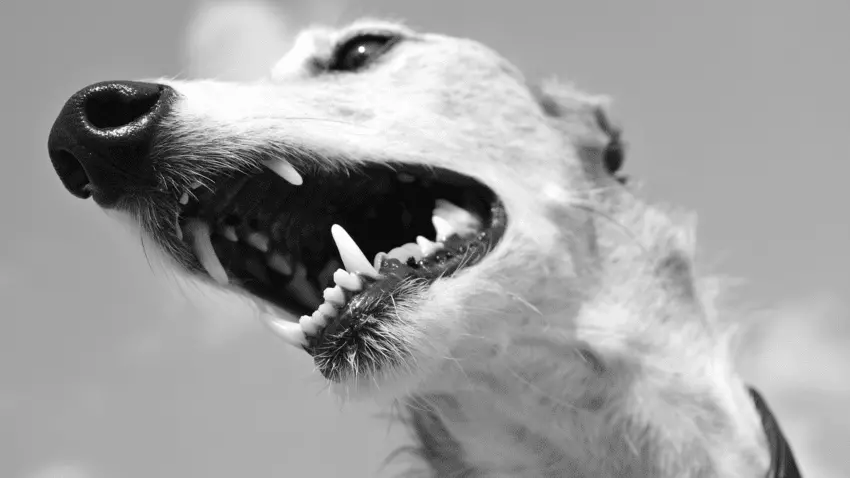
If there’s one thing dogs and humans have in common, it would be their teething cycle. Both canines and humans undergo two teeth cycles: one for the milk teeth and the other for the adult biters.
When a puppy loses its milk teeth, it will still grow back. But this time, it would be the 42 adult teeth.
In fact, it’s necessary for puppies to shed their milk teeth to give way to their permanent chewers. If not, your dog will suffer from retained teeth and malocclusion that demand veterinary attention.
Moreover, puppies will start losing their milk teeth at around 3 months. You’ll notice little, rice-like pieces all over your house.
But what happens if my dog loses his adult tooth? I hate to break the bad news, but a lost adult tooth will never grow back.
Like humans, canines are diphyodonts or a creature with only two sets of teeth. Their adult teeth are the permanent set and must be maintained well to prevent premature loss.
While some pet owners are exploring implants to replace the lost tooth of their dog, it’s not a routine procedure. It’s expensive and quite uncommon in most veterinary clinics.
Is it possible for a dog to grow a third set of teeth? Theoretically, it could be, but I never heard of any case wherein a domesticated dog grew a third set after its permanent teeth fell out.
How to prevent your dog’s teeth from falling out
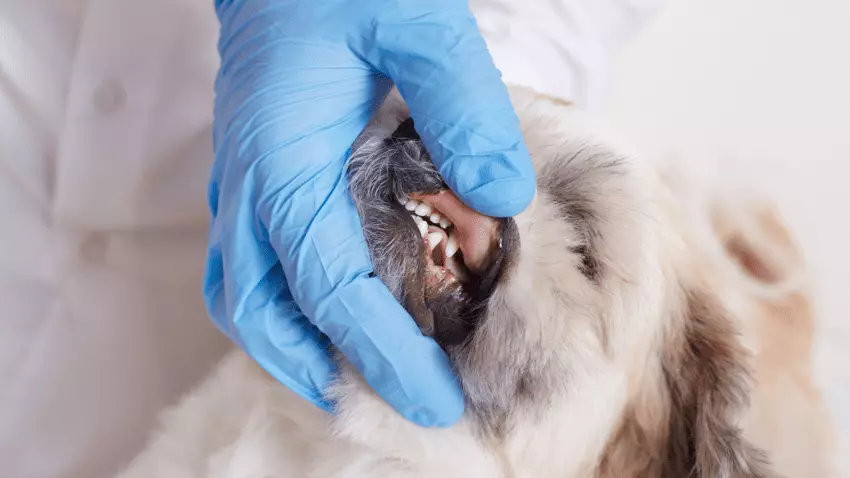
Losing its permanent teeth is hard for dogs. It will affect their chewing, which will impact their appetite and overall health in the long run.
The good thing is that, as the pet owner, you are in the right position to delay this from happening. Proper dental hygiene and the points below will be a big help:
1. Brush its teeth regularly
I can’t say this enough, but it’s crucial to brush your dog’s teeth if you don’t want it to lose adult teeth early. As with humans, brushing helps prevent plaque formation, gum diseases, and other dental problems.
Daily brushing is the ideal frequency, but if you’re busy, once a week would be fine. Just try to do it as frequently as possible and on a regular basis.
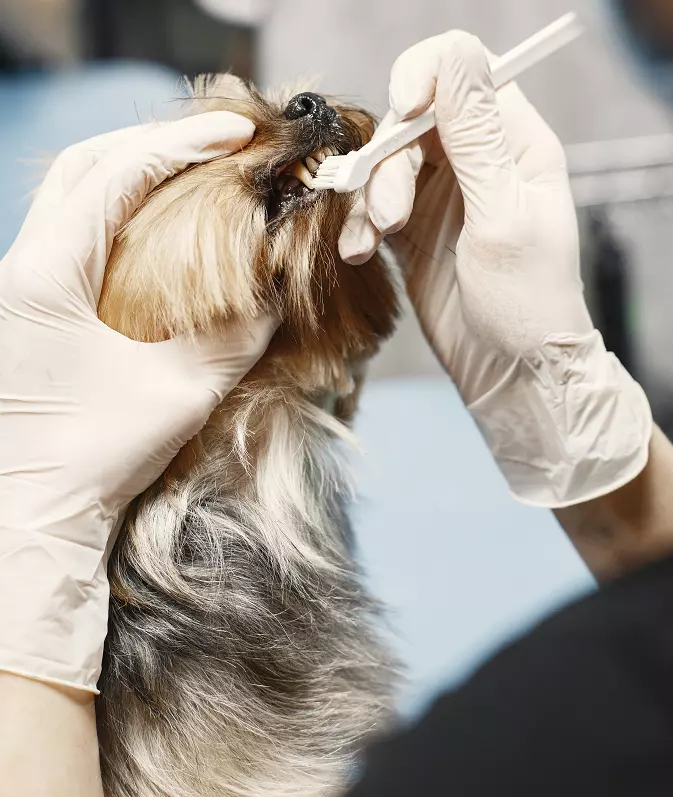
Take note that food bits can get trapped between your dog’s teeth and will decay over time. Aside from the nasty smell, it will also start rotting the surrounding teeth.
2. Consider dry food for your dog
While any dog food can cause tooth decay without brushing, dry food tends to lower this risk. It’s because the crunchy texture of kibble helps scrub off tartar buildup before it hardens.
Just remember that brushing is still necessary even if your dog is eating dry kibble. It’s the most important step in observing healthy dental hygiene.
3. Give your dog some dental chews
Dental chews are designed to encourage your doggo to chew frequently. Through chewing, your dog can remove plaque buildup on its teeth.
Make sure that you choose dental chews suitable for your dog’s breed and age. Usually, small breeds and senior dogs need softer dental chews to prevent damaging their fragile biters.
4. Don’t give animal bones
While chewing helps reduce plaque buildup, giving your doggo animal bone to nibble isn’t a good idea. Bones are very stiff and it can cause a dog’s tooth to chip and ultimately fall out.
Aside from that, some animal bones like those from poultry will splinter and potentially cause choking, intestinal blockages, and damage to your pet’s throat.
5. Invest in professional cleaning
While professional canine dental cleaning costs a fee, it’s one of the best ways to take care of your dog’s teeth. The vet can check for the spots that brushing alone can’t clean.
Aside from that, during a professional cleaning, the vet can detect early signs of dental problems. This can save your dog from unnecessary suffering and your pocket from hefty vet costs.
6. Daily checks
Even if you’re not brushing your dog’s teeth, it’s still best to give it a daily check. This way, you can spot any changes, especially in the gum area.
During a daily check, you should inspect your dog’s gums closely. Look for any discoloration, swelling, or discharge, which may indicate an infection.
You should also check your dog’s teeth if there’s any darkening or shift in position. If you notice any unusual changes in your dog’s mouth, it’s best to consult a veterinarian right away.
How many times do dogs’ teeth grow back?
A dog’s teeth will only grow twice: one is the puppy teeth and the other one is the permanent set. There’s no known or reported case of a dog growing a third set of biters.
This is the reason why you should take proper care of your pet’s teeth. You should never wait for dental problems to occur before taking action.
What happens if my dog loses his teeth?
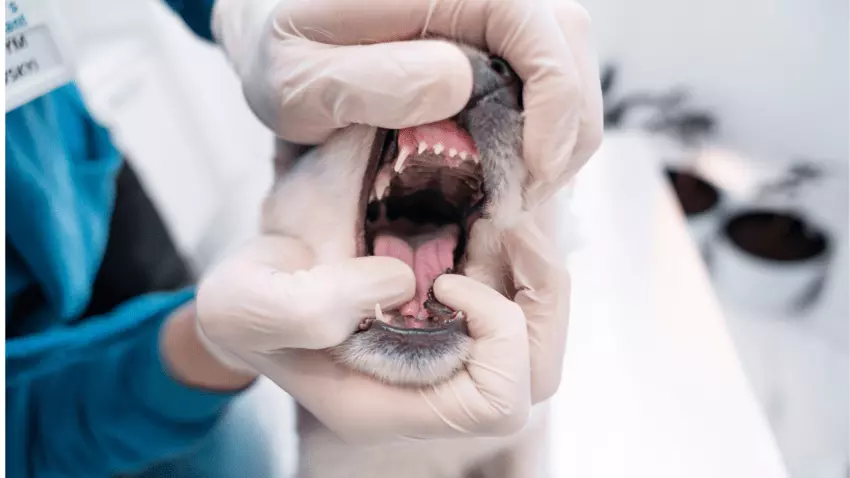
If your dog loses its tooth, it’s best to keep the lost tooth and take it with your dog to the vet. This way, the veterinarian can check whether the root of the tooth is still intact and can be retained.
In case your dog’s tooth is still hanging from the gums, don’t try to pull it on your own. Your dog may react aggressively if you do and you may cause further damage to its mouth.
Again, it’s best to bring your dog to the vet clinic. While it has an upfront fee, it’s much smaller compared to vet expenses if your pet’s condition worsens.
Can my dog live without teeth?
Dogs with no teeth can live normal and fulfilling lives. However, changes have to be done to their diet to ensure that they will still receive ample nutrition.
However, it’s important to address the cause of tooth loss. Otherwise, your toothless doggo may continue to suffer from excruciating gum infections.
Overall, a toothless dog is healthier than one with diseased teeth. Besides, your dog’s teeth aren’t the only basis of its total wellness.
Conclusion
Do dog teeth grow back after it falls off? Yes, but only if the puppy tooth is the one that fell out.
If your dog lost its permanent teeth, there’s no way for it to grow back since it’s the last set. You may have to make changes to your pet’s diet to make it easy for the pooch to eat despite the missing teeth.
In the end, it’s all about maintaining healthy dental hygiene and taking your dog to routine checks with the vet. This can help prevent premature tooth decay and even delay tooth loss in senior canines.
